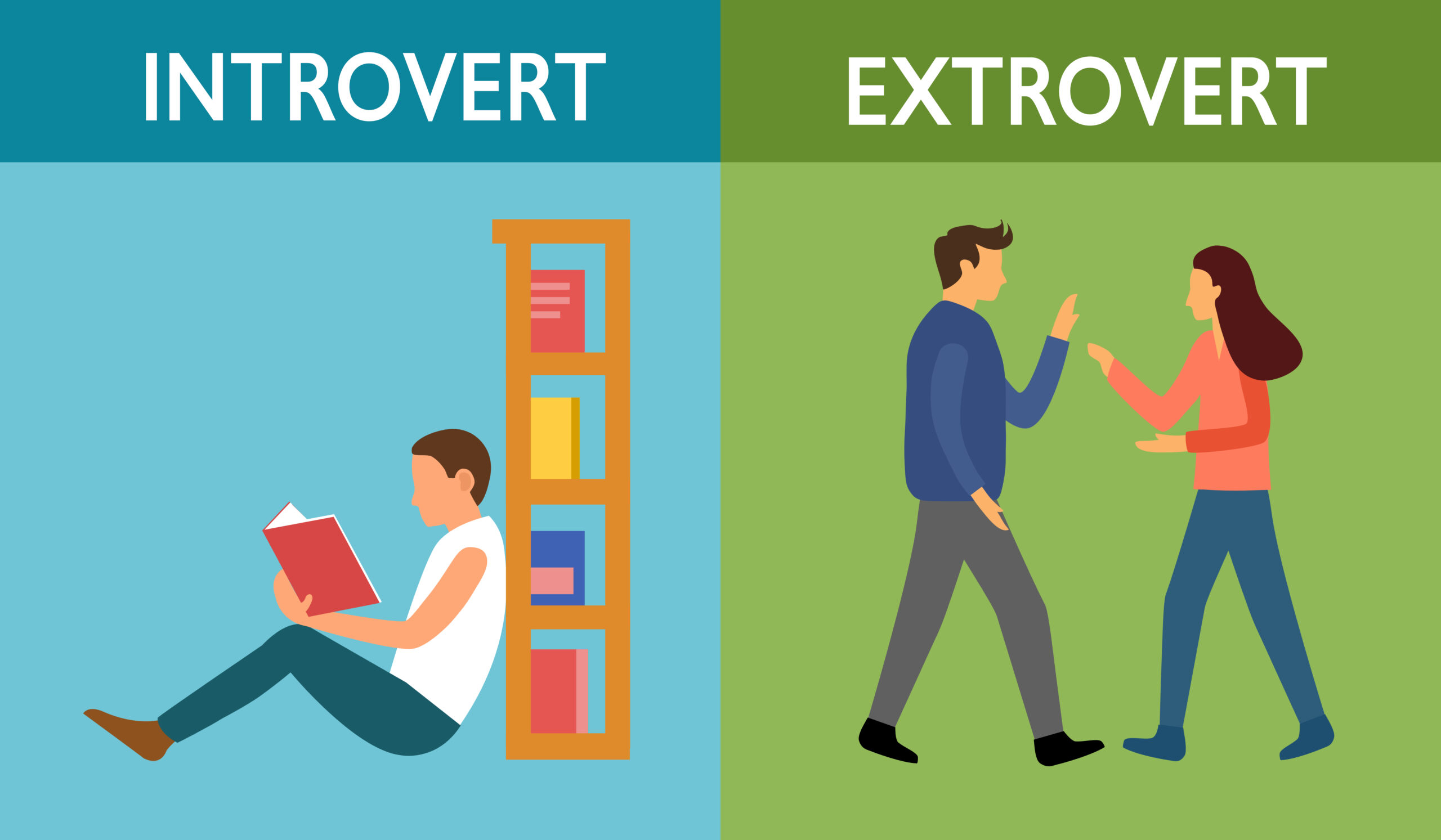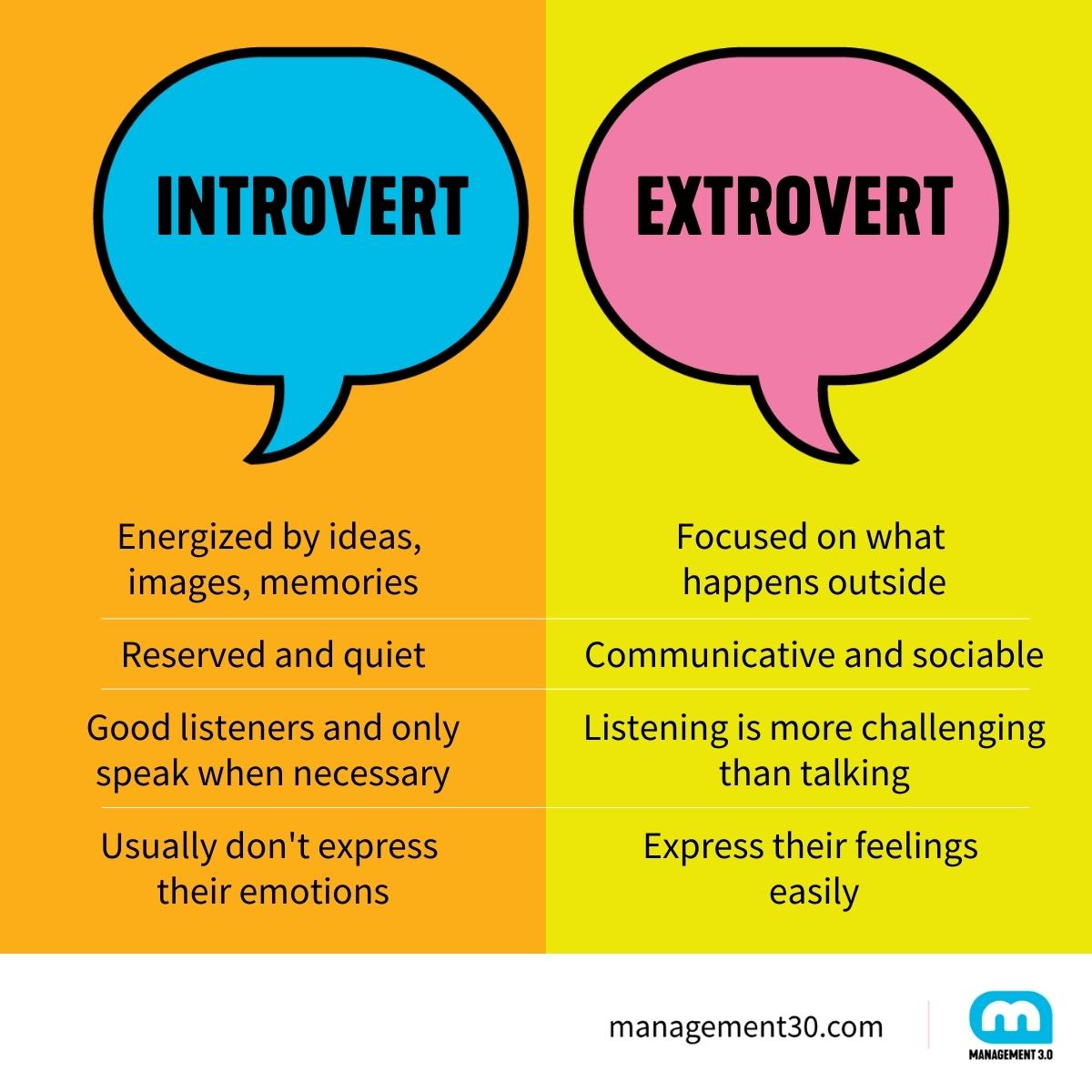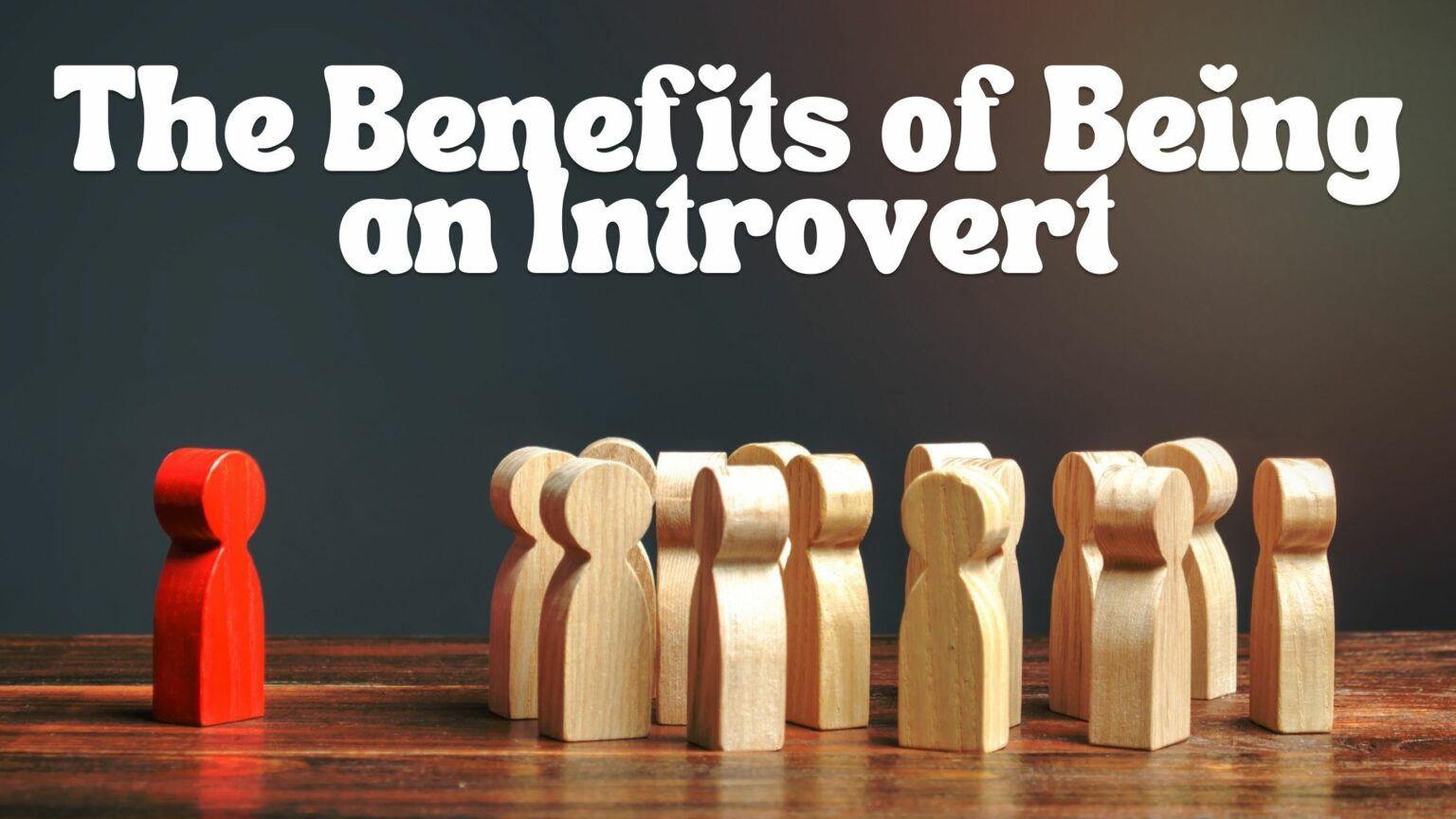How To Be Sociable As An Introvert

Feeling drained by social interactions? Introverts can thrive in social settings without sacrificing their well-being; it's all about strategic planning and self-awareness.
This guide provides actionable strategies for introverts to navigate social situations comfortably and authentically, drawing from expert advice and psychological research. Learn how to recharge, set boundaries, and engage meaningfully without feeling overwhelmed.
Understand Your Introversion
Introversion isn't shyness. It is a preference for quieter, less stimulating environments, according to Susan Cain, author of "Quiet: The Power of Introverts in a World That Can't Stop Talking."
Recognize your triggers. Note what situations deplete your energy and which ones leave you feeling content.
Self-awareness is key to managing your social battery effectively.
Pre-Socialization Strategies
Plan ahead. Reviewing the guest list and potential topics helps ease anxiety.
Arrive early. This gives you a chance to acclimate before the crowd swells.
Having an exit strategy in mind can also reduce pressure.
During the Event
Focus on quality over quantity. Engage in deep conversations with a few people rather than superficial chats with many.
Active listening is your superpower. Ask open-ended questions and show genuine interest in what others have to say.
Find a quiet corner. Use brief moments of solitude to recharge and avoid feeling overwhelmed.
Boundary Setting is Key
Learn to say no without guilt. It's okay to decline invitations that don't align with your energy levels.
Communicate your needs clearly. Let people know you might need breaks or prefer smaller gatherings.
Respecting your limits is crucial for maintaining well-being.
Post-Socialization Recharge
Schedule downtime after social events. This allows you to decompress and replenish your energy.
Engage in solo activities you enjoy. Reading, spending time in nature, or practicing a hobby can be incredibly restorative.
Avoid back-to-back social engagements. Spacing them out prevents burnout.
Small Talk Alternatives
Skip the weather and ask interesting questions. Try "What are you passionate about right now?" or "What's the best thing you've read/watched recently?"
Focus on shared interests. Identifying common ground creates more meaningful connections.
A genuine compliment can also break the ice and spark engaging conversation.
Embrace Your Strengths
Introverts are often excellent listeners, observers, and problem-solvers. Use these qualities to your advantage in social settings.
Your thoughtful insights and unique perspectives are valuable. Don't be afraid to share them.
Authenticity is more attractive than forced extroversion.
Practical Examples
At a networking event: Instead of trying to meet everyone, target 2-3 people you genuinely want to connect with. Prepare a few conversation starters beforehand.
At a party: Position yourself near the snacks or drinks for a natural conversation starter. Use a quiet space to people watch and recharge.
Online: Engage in online communities that align with your interests. This allows for controlled, asynchronous interaction.
Next Steps
Experiment with these strategies and identify what works best for you. Track your energy levels after social interactions to gauge effectiveness.
Remember, becoming more sociable as an introvert is a journey, not a destination. Be patient with yourself and celebrate small victories.
Continue to learn and adapt your approach based on your experiences and evolving needs.


















